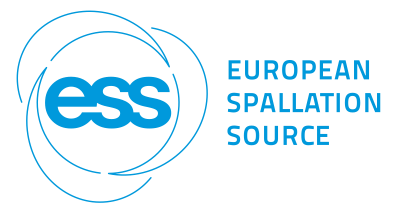Speaker
Prof.
Tommy Nylander
(Lund University)
Description
Milk and some milk products are almost unique among foods in containing high concentrations of calcium but in spite of this have a remarkably high stability during storage and processing. The main reason for the high stability is that most of the calcium is in the form of nanoclusters of an amorphous form of calcium phosphate sequestered by casein. Recent research from our group has shown that similarly stable nanoclusters can be formed and sequestered by some non-casein phosphoproteins. We have focused our attention on osteopontin because it is widely distributed in vertebrate tissues and plays key roles in the control of biomineralisation. The osteopontin nanoclusters have been characterized by elastic and inelastic scattering, by neutron diffraction and complementary X-ray methods. Some recent results using neutron small-angle scattering and spectroscopy that probe the formed structures and molecular mobility will be presented. Results have been compared with casein nanoclusters to provide an insight into the structural and compositional requirements and other physico-chemical principles needed for stable biofluids and foods. This new knowledge can be applied in the design of stable dairy products as well as to produce other types of stable, high-calcium foods, and novel materials for use in nanotechnology and medicine.
| Topic Area / Session | Nutrition and Health |
|---|
Author
Dr
Sam Lenton
(University of Leeds)
Co-authors
Dr
Carl Holt
(University of Glasgow)
Dr
Giuseppe Zaccai
(Institut Laue–Langevin)
Dr
Michael Haertlein
(Institut Laue–Langevin)
Dr
Susana C. M. Teixeira
(NIST Center for Neutron Research)
Dr
Tilo Seydel
(Institute Laue-Langevin)
Prof.
Tommy Nylander
(Lund University)
